When students opened TikTok the morning of Mar. 12 a message appeared, calling all users to fight to keep the app active by contacting their state representatives. A handful of fellow classmates contacted their representatives, proving how addicting the app can be, as some people see it as a necessity in entertainment. Others are not taking the potential ban seriously, saying it “happens every year” and this will just be another overlooked bill.
TikTok is owned by a Chinese company called ByteDance who is suspected of stealing data from U.S. users. The House of Representatives approved the bill to force sale and potentially ban TikTok, Mar. 13. The bill passed the house 352 to 65, displaying an overwhelming majority of representatives in favor of it. If approved by the Senate, the president has said to be in support of the bill and will sign it if it arrives to him. If approved, ByteDance will be forced to sell TikTok by a certain period of time, otherwise there will be a nationwide ban.
When the news first hit, many students were feeling genuine fear out of potentially losing such a beloved app. However, students shouldn’t be losing sleep over a ban on a social media platform, especially not TikTok.
TikTok can be a toxic place that sets impossible beauty standards, promotes mature products to young children, and opens doors for cyberbullying. Additionally, the platform can deteriorate good sleeping habits, become a distraction from school, and drastically increase screen time.
Furthermore, the app’s algorithm can be a death trap when a user endlessly scrolls. If a user likes one negative video, whether it be something depressing or scary, the algorithm will hit them with hundreds of the same videos. This is known as doom scrolling. The same system applies when someone likes a video regarding beauty standards or body image. This toxic cycle can have major consequences for a person’s mental health.
FOMO, or the fear of missing out, is also fueled by TikTok as thousands of new trends, memes, and videos go viral every day. There is a pressure put on a lot of students to keep up with the latest trends and stay relevant. This is why so many people can’t leave TikTok alone, even if they know their screen time is through the roof.
A ban on TikTok would bring much needed peace to a lot of student’s lives. Since TikTok is such a massive component of modern teen culture, its absence would be jolting at first. After a few weeks, I strongly believe that students will return to life before it existed. Screen times would go down, sleep schedules would be restored, and most importantly students would be able to use more of their critical thinking.
The ban would do more good than harm, resulting in students being forced to focus on something other than their phone. The weight of constantly checking and scrolling would be lifted, freeing students to focus on healthier outlets such as spending more time with friends and family, playing sports, and doing schoolwork.
Sophomore Audrey Kwasny is in favor of the ban for the same reasons, and challenges herself to keep social media apps deleted.
“The reason [TikTok] is so hard for me to delete is because I don’t want to fall behind on teen culture,” Kwasny said. “I was able to stay off of TikTok for a couple months and I actually saw an increase in my grades.”
It’s the little things that students do everyday that TikTok has unknowingly become a part of. While TikTok is a huge source of entertainment and has a diverse community, the negatives have begun to outweigh the positives, and our age of “screen-agers” needs to come to an end.

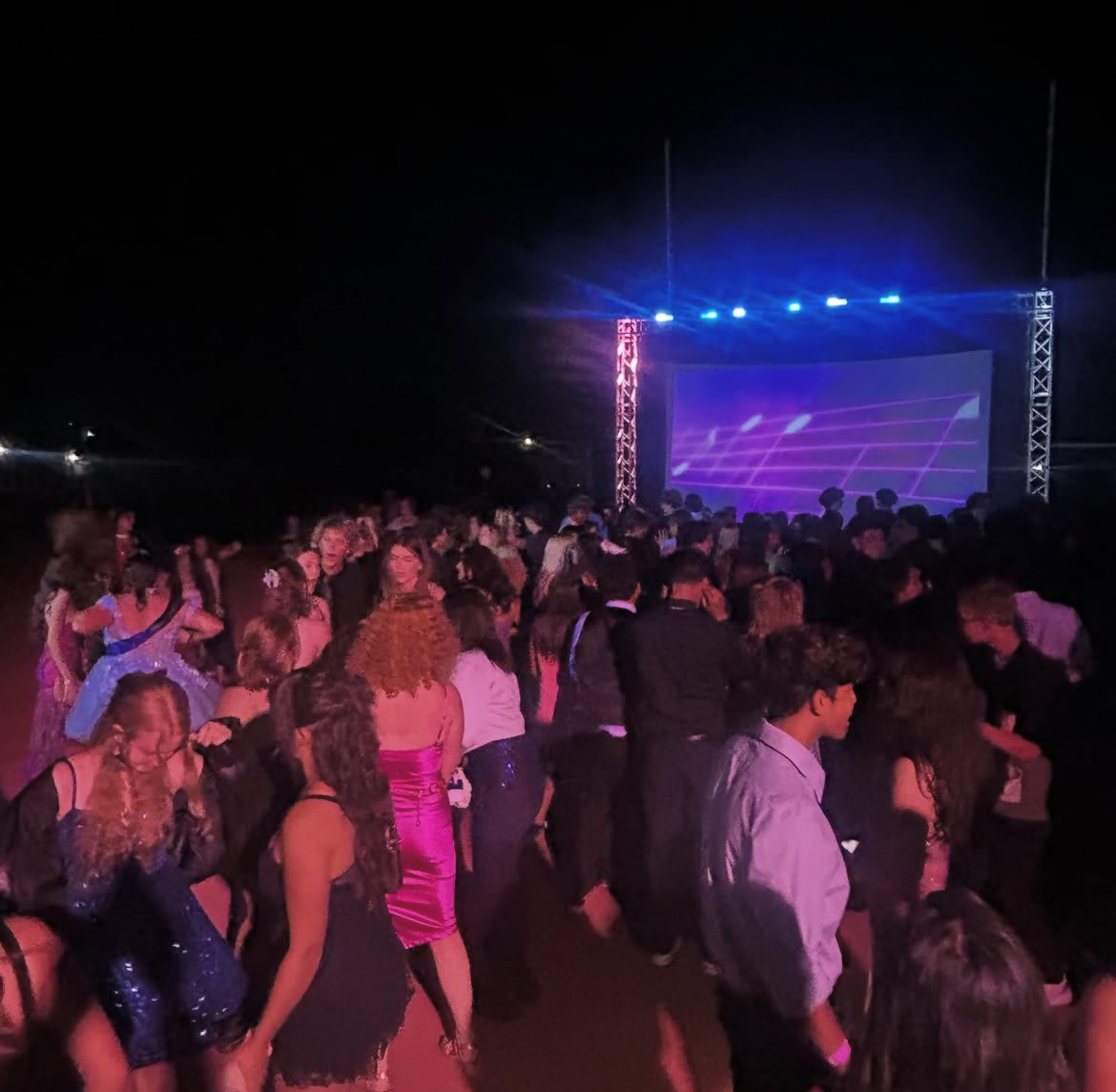


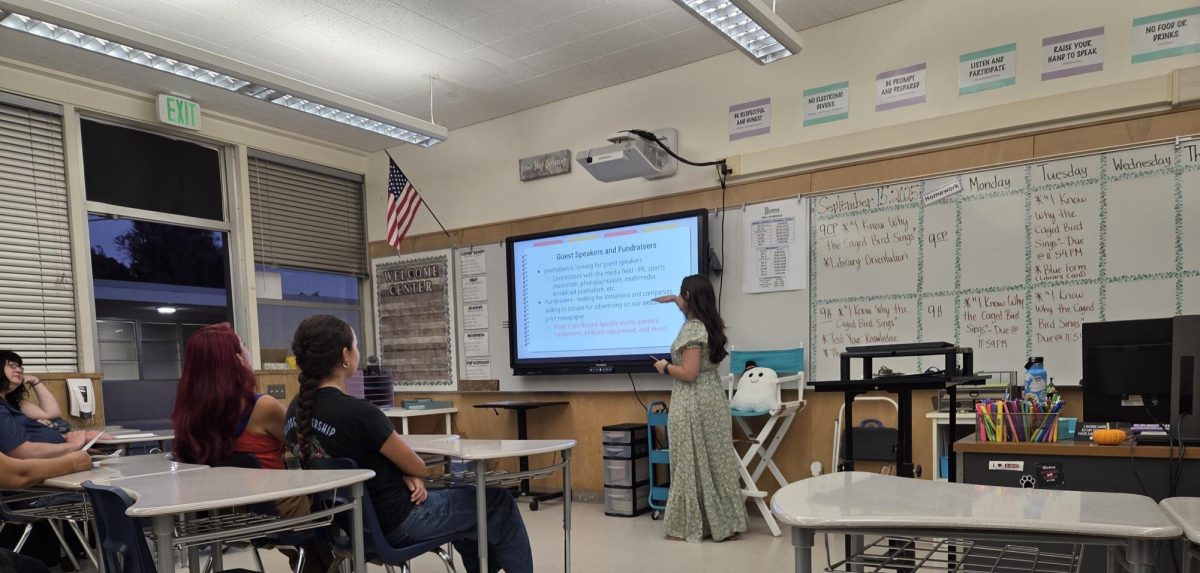
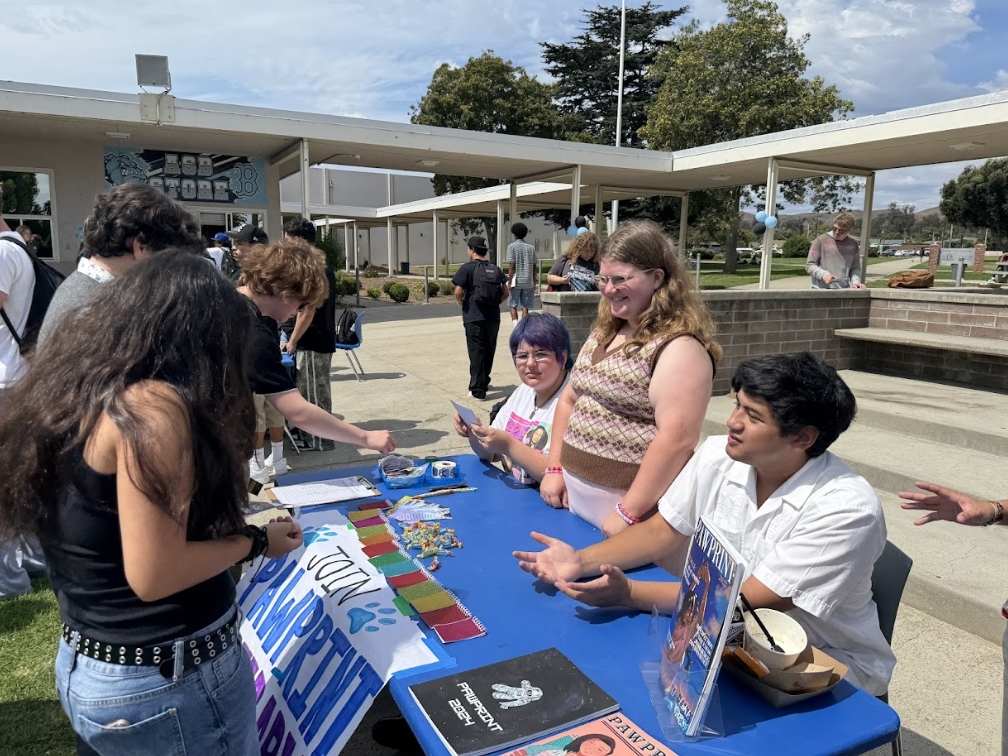


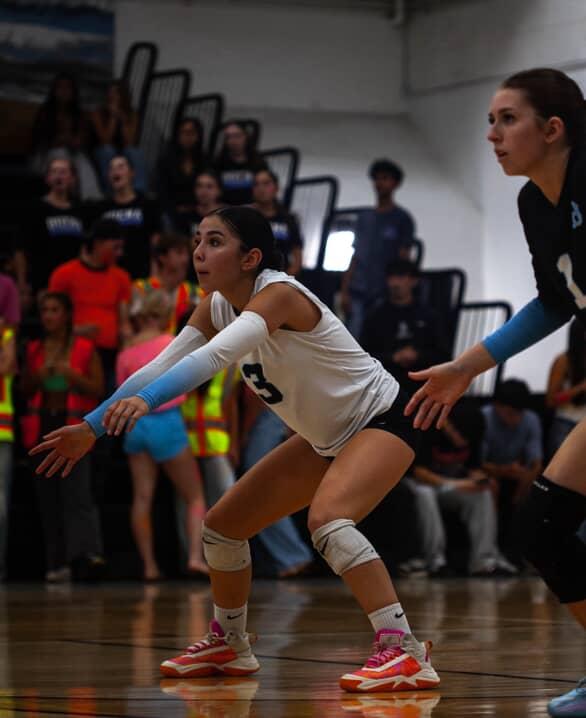





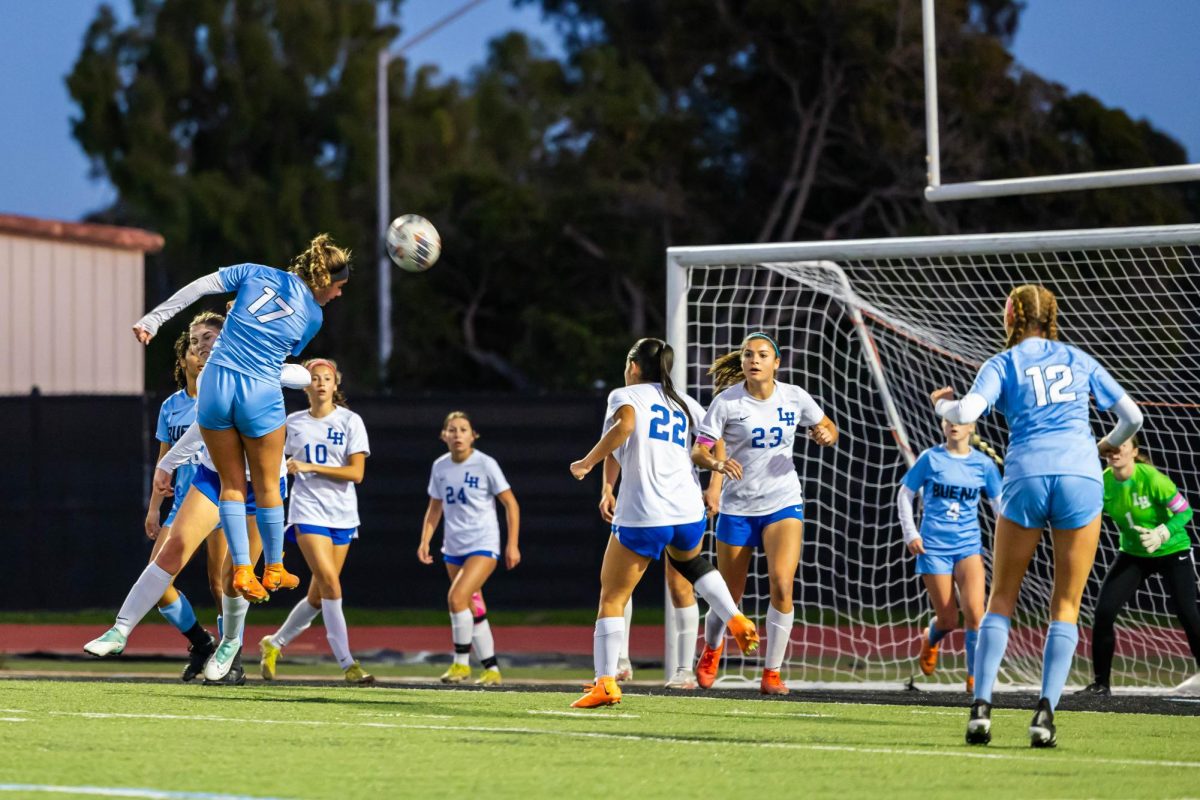
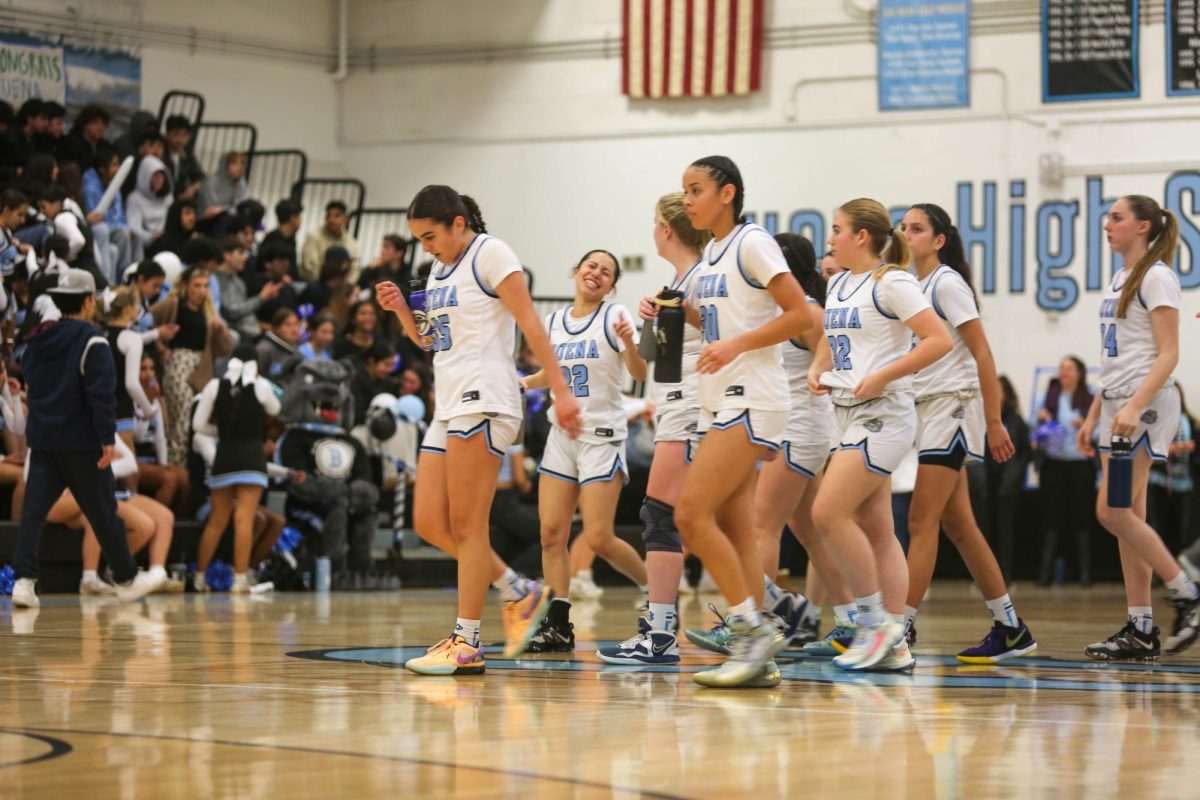


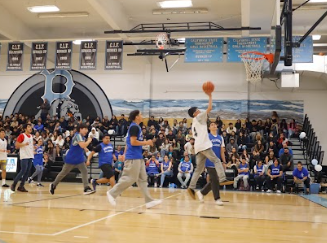

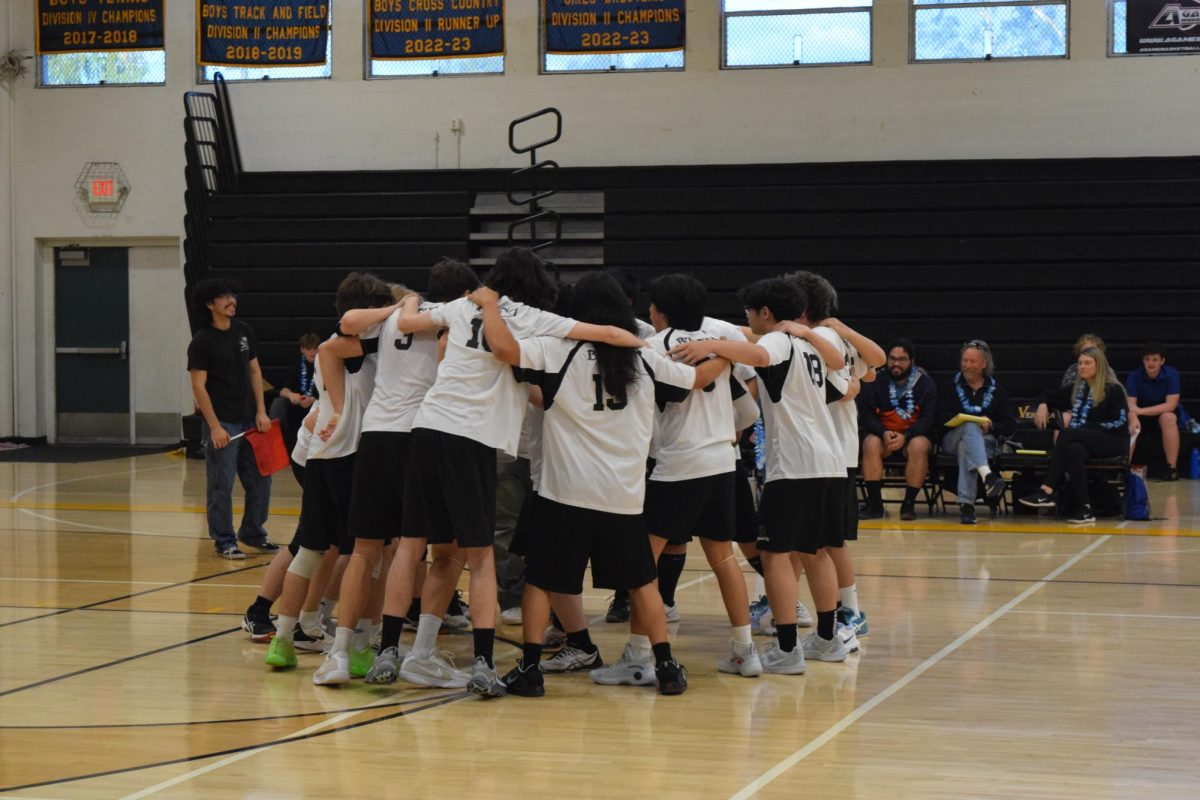













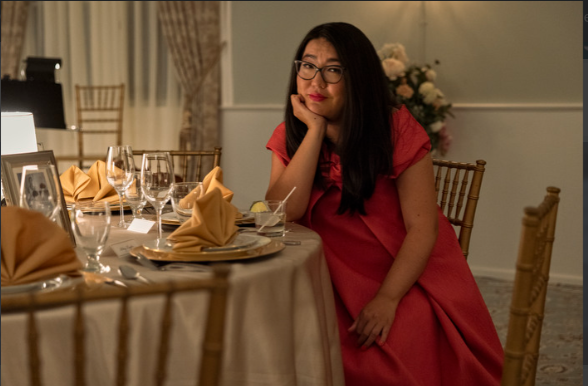


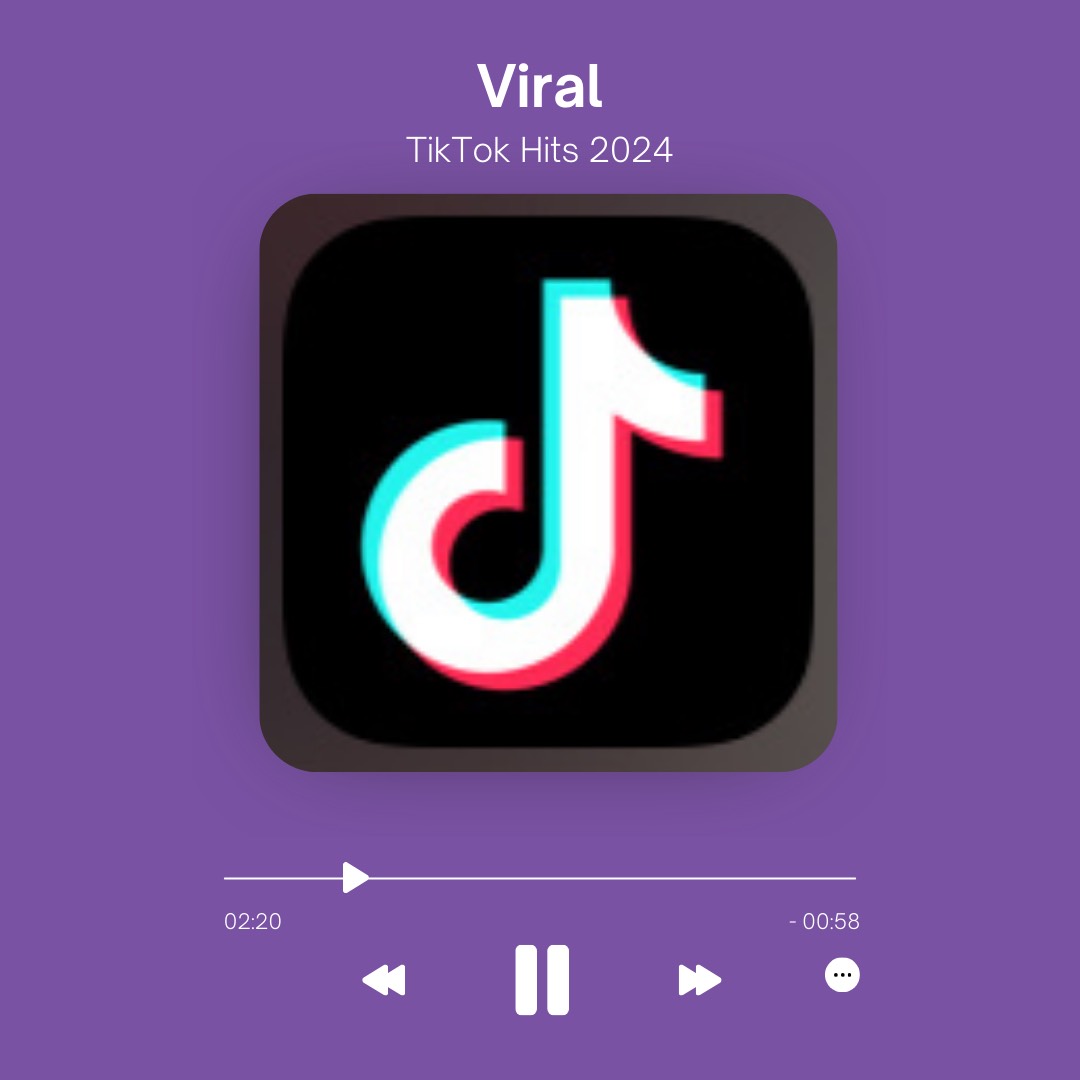



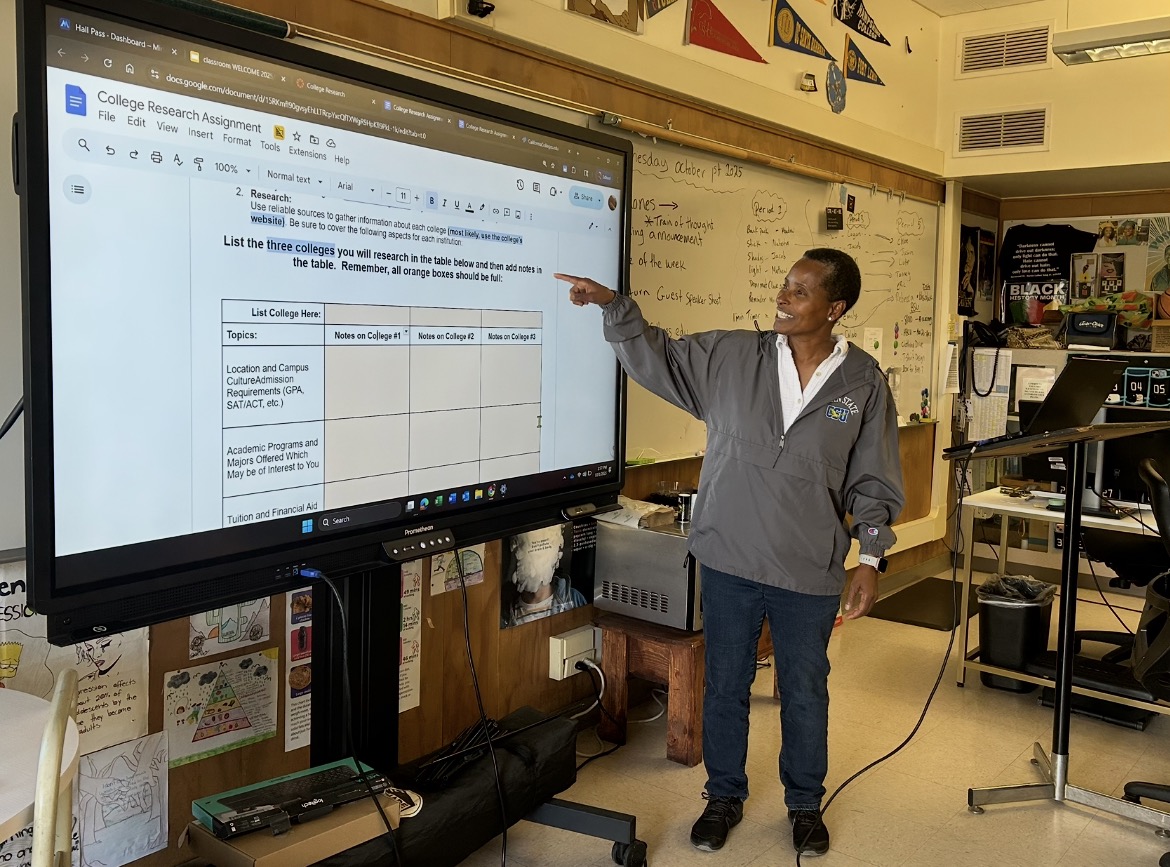

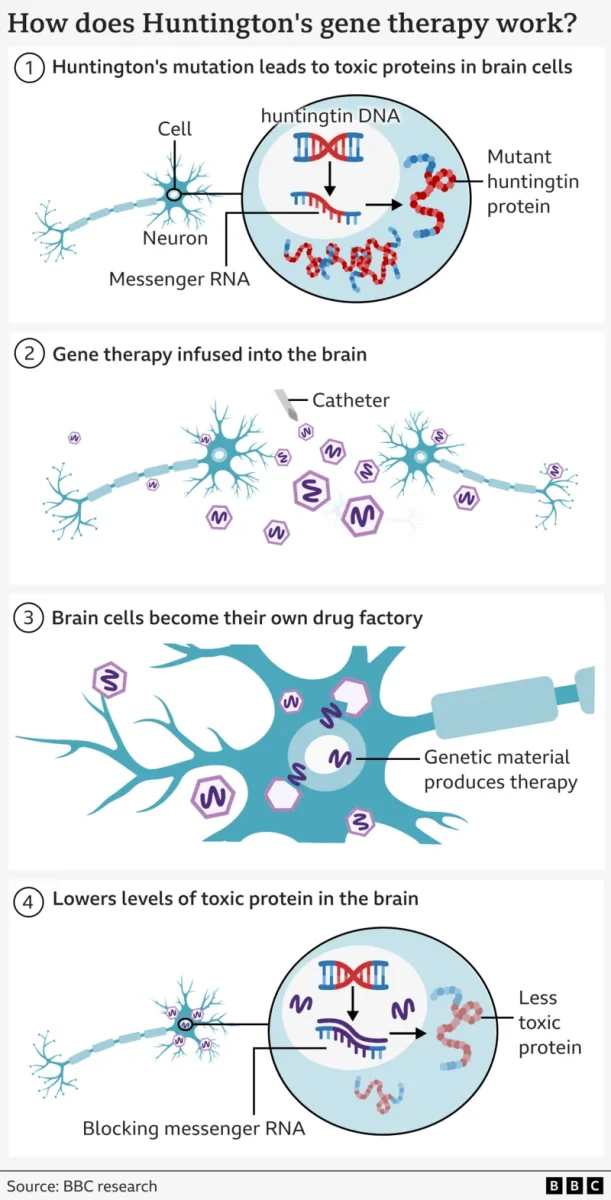




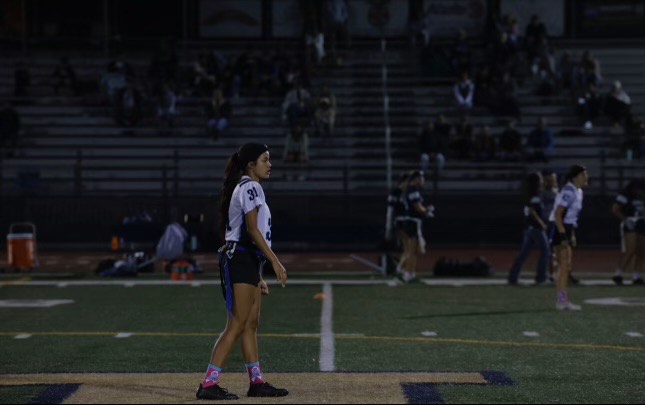

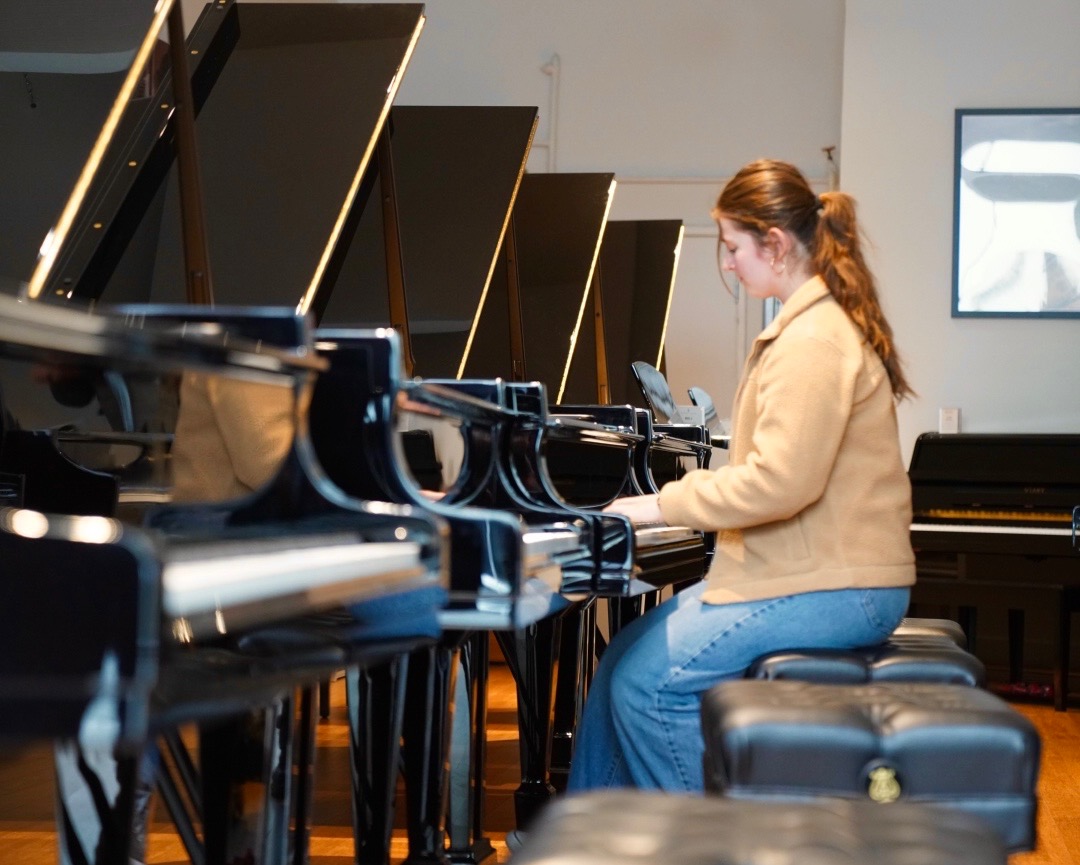

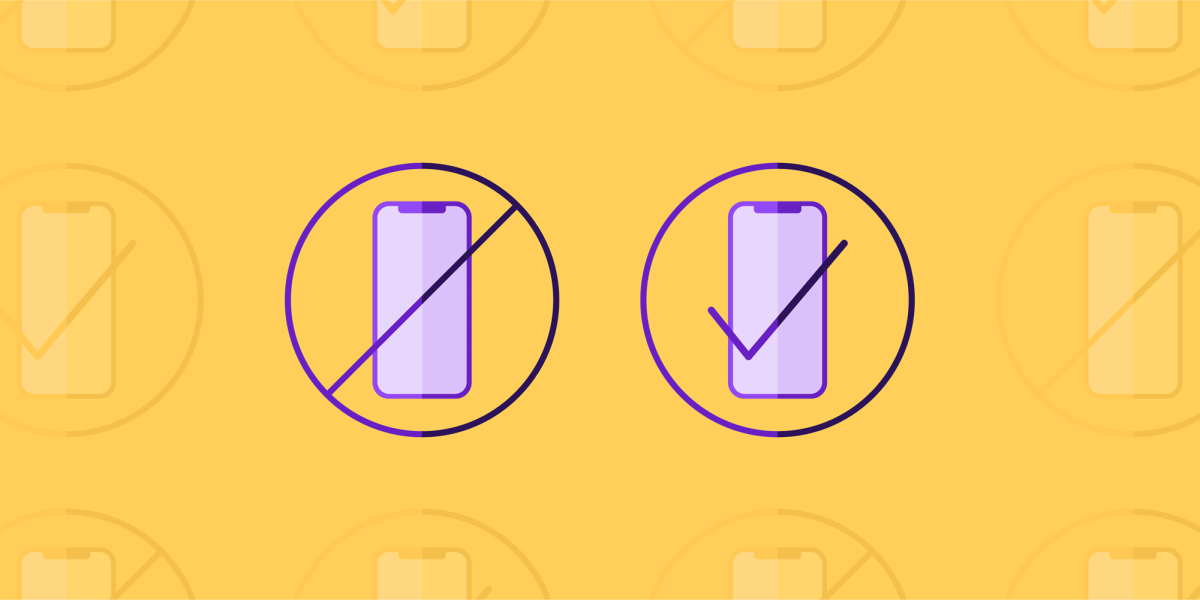
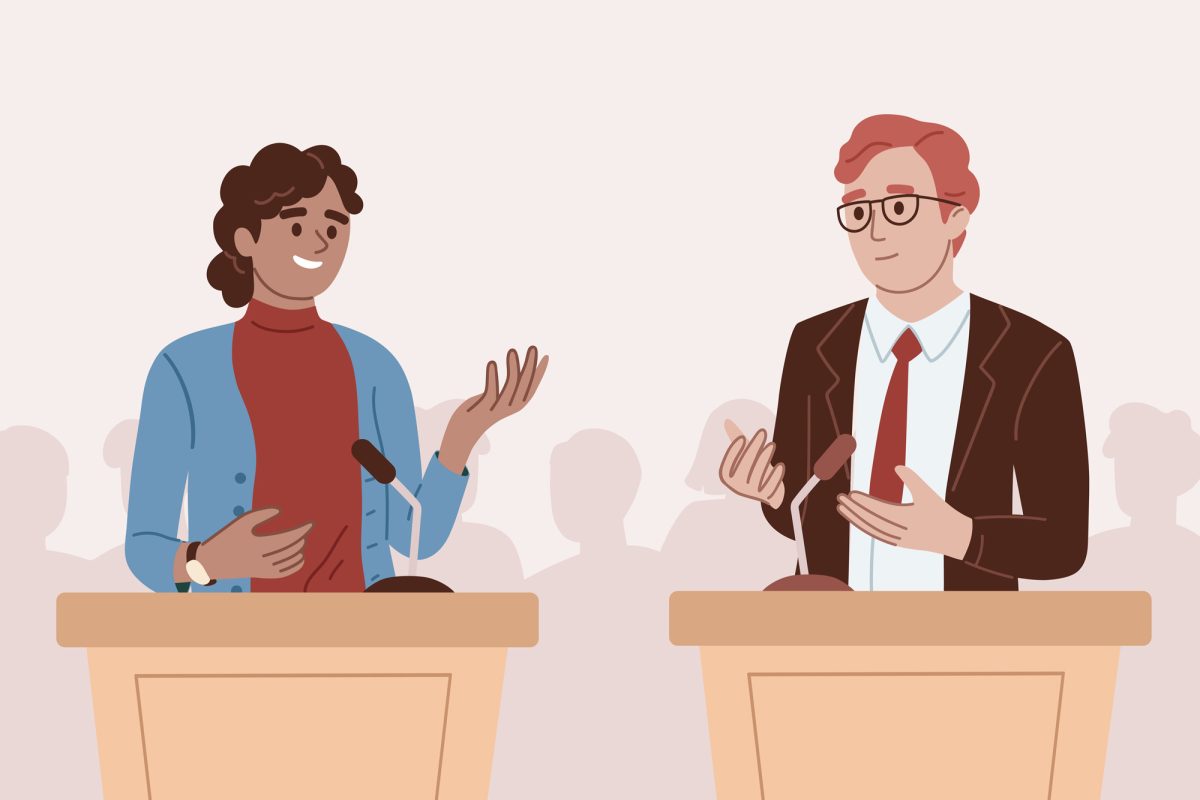


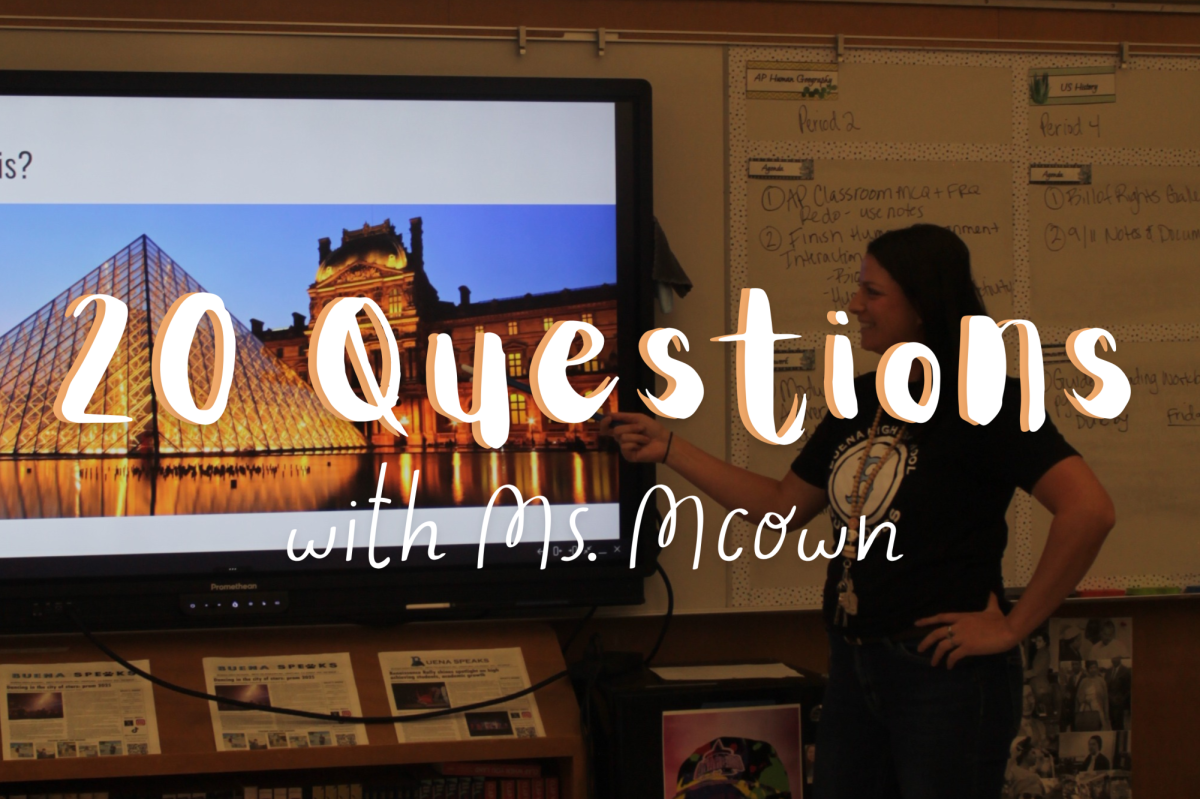


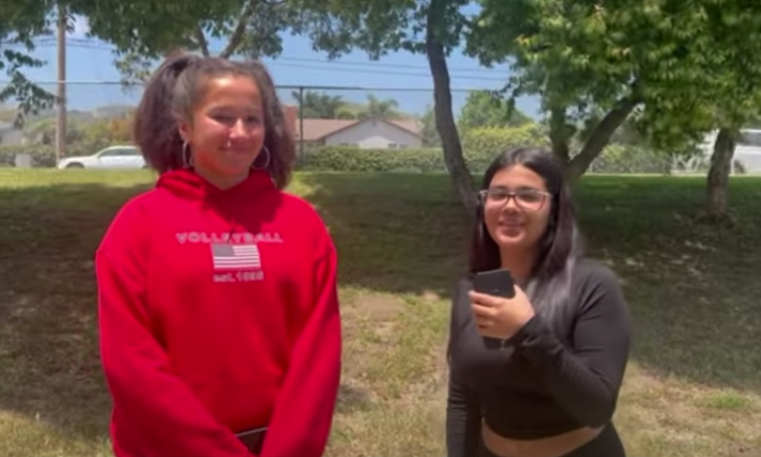
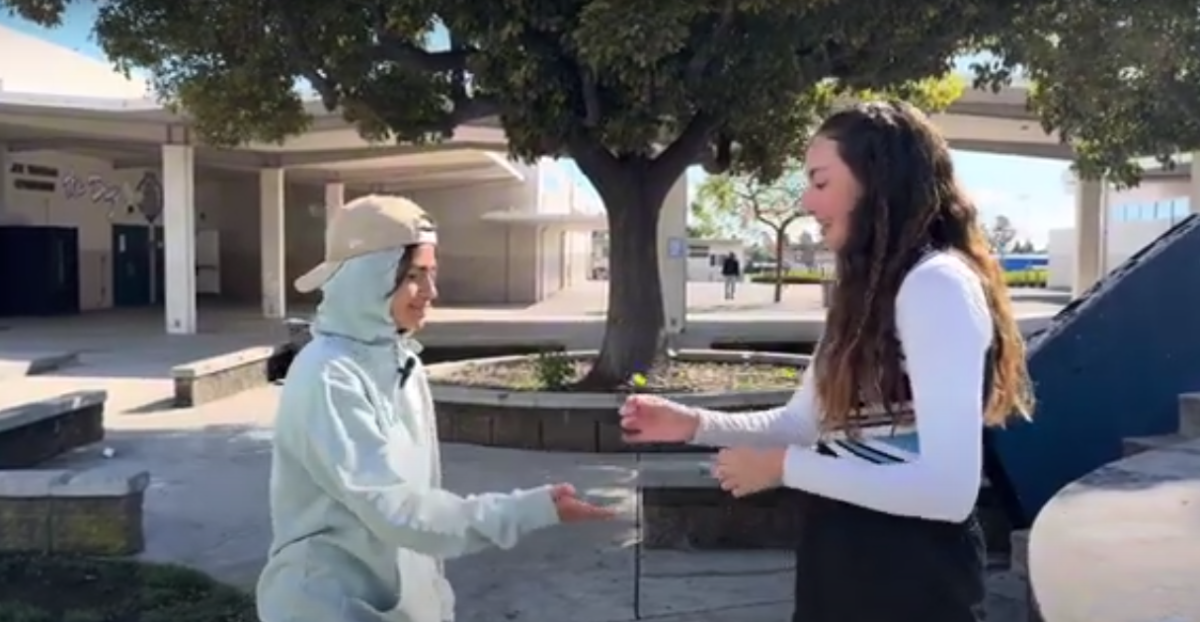


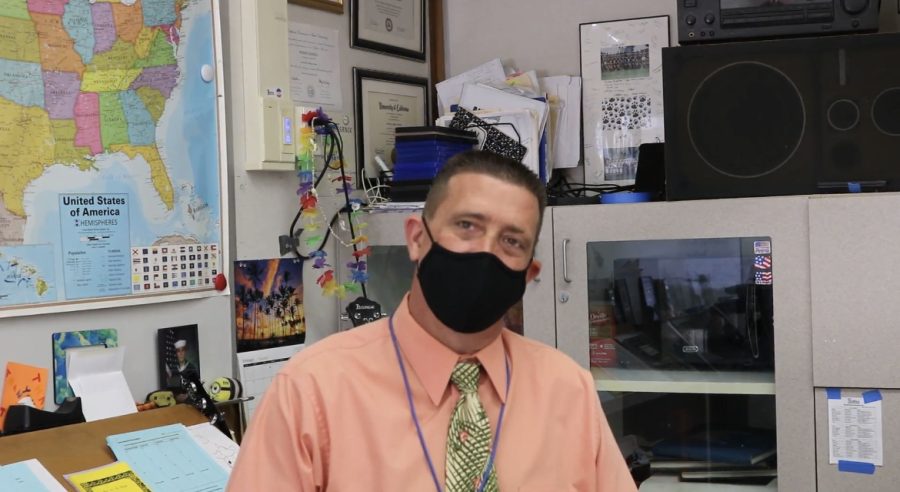
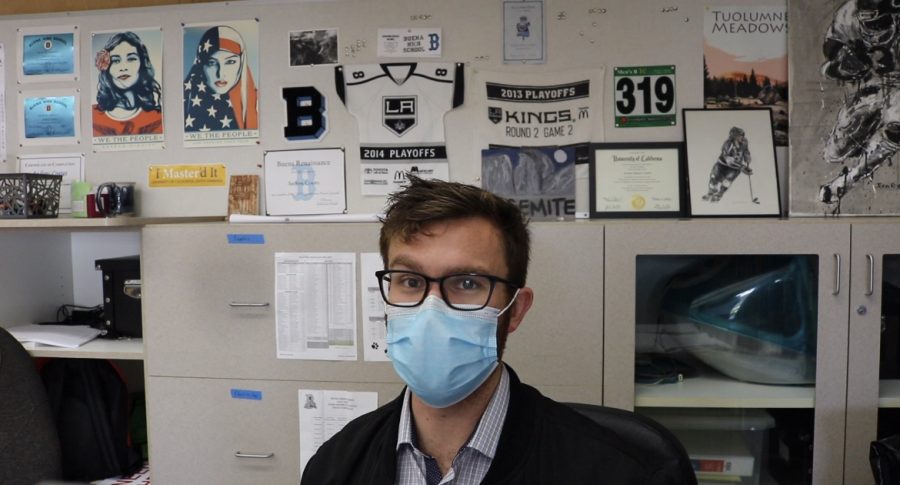
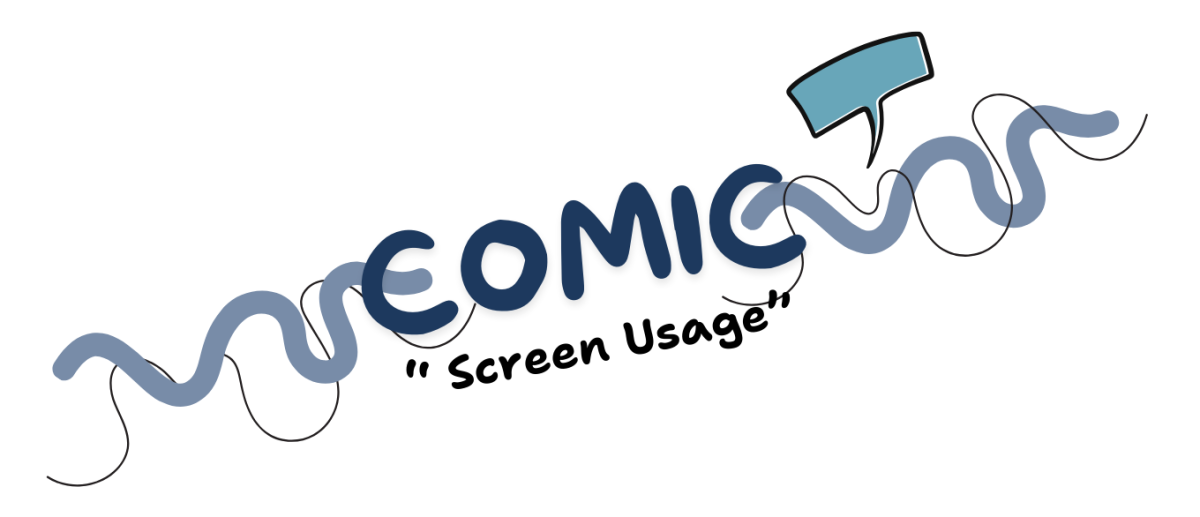

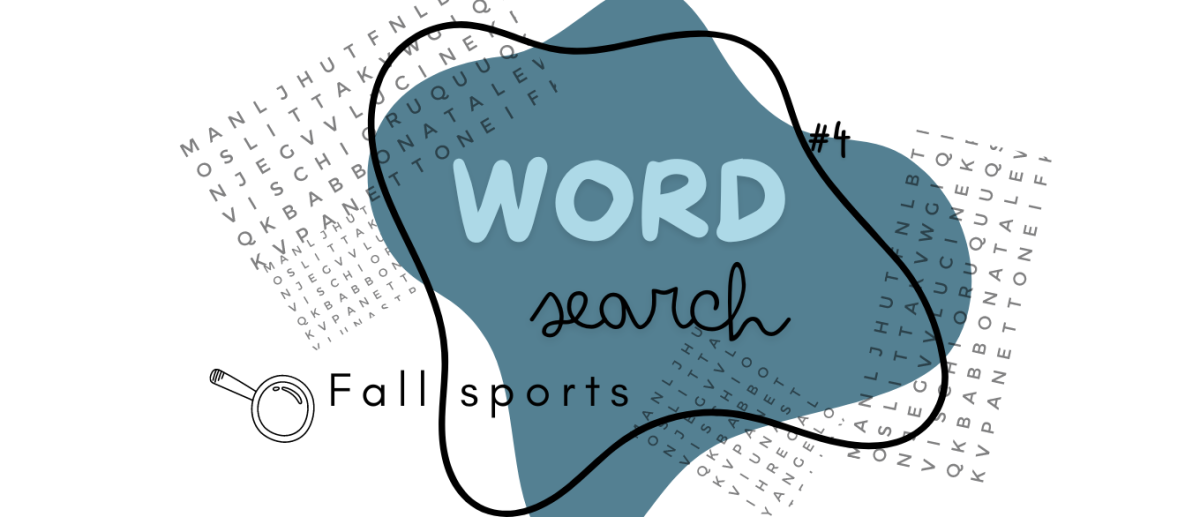
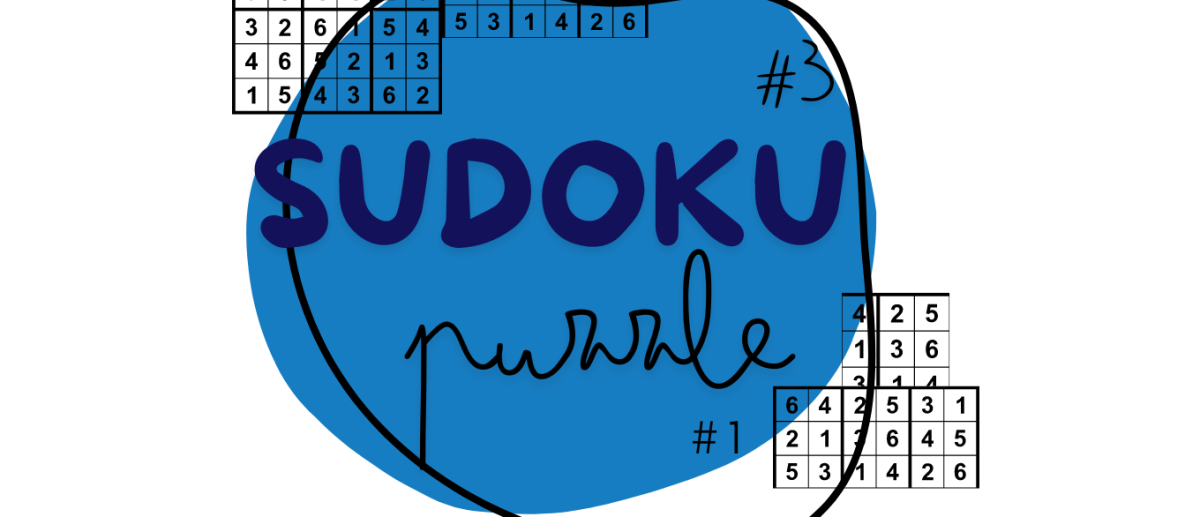
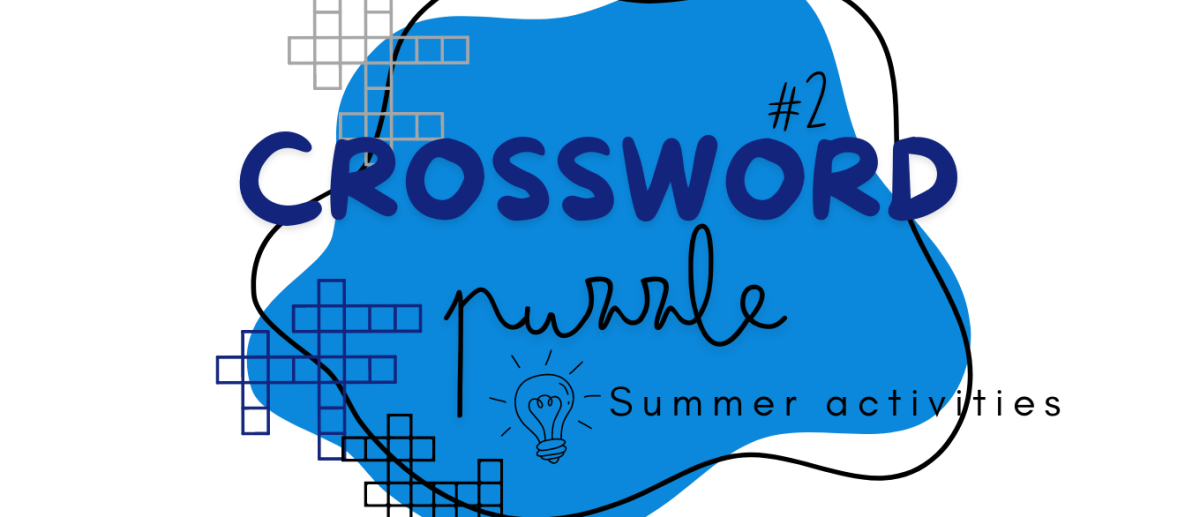


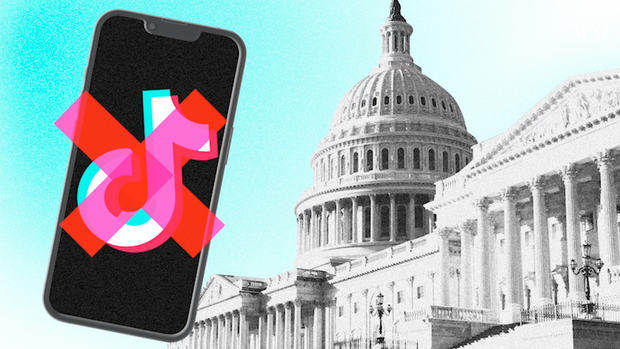


Mark Acevedo • Apr 11, 2024 at 2:23 pm
W article
Mark Acevedo • Apr 11, 2024 at 2:20 pm
10 out of 10 article Naima.